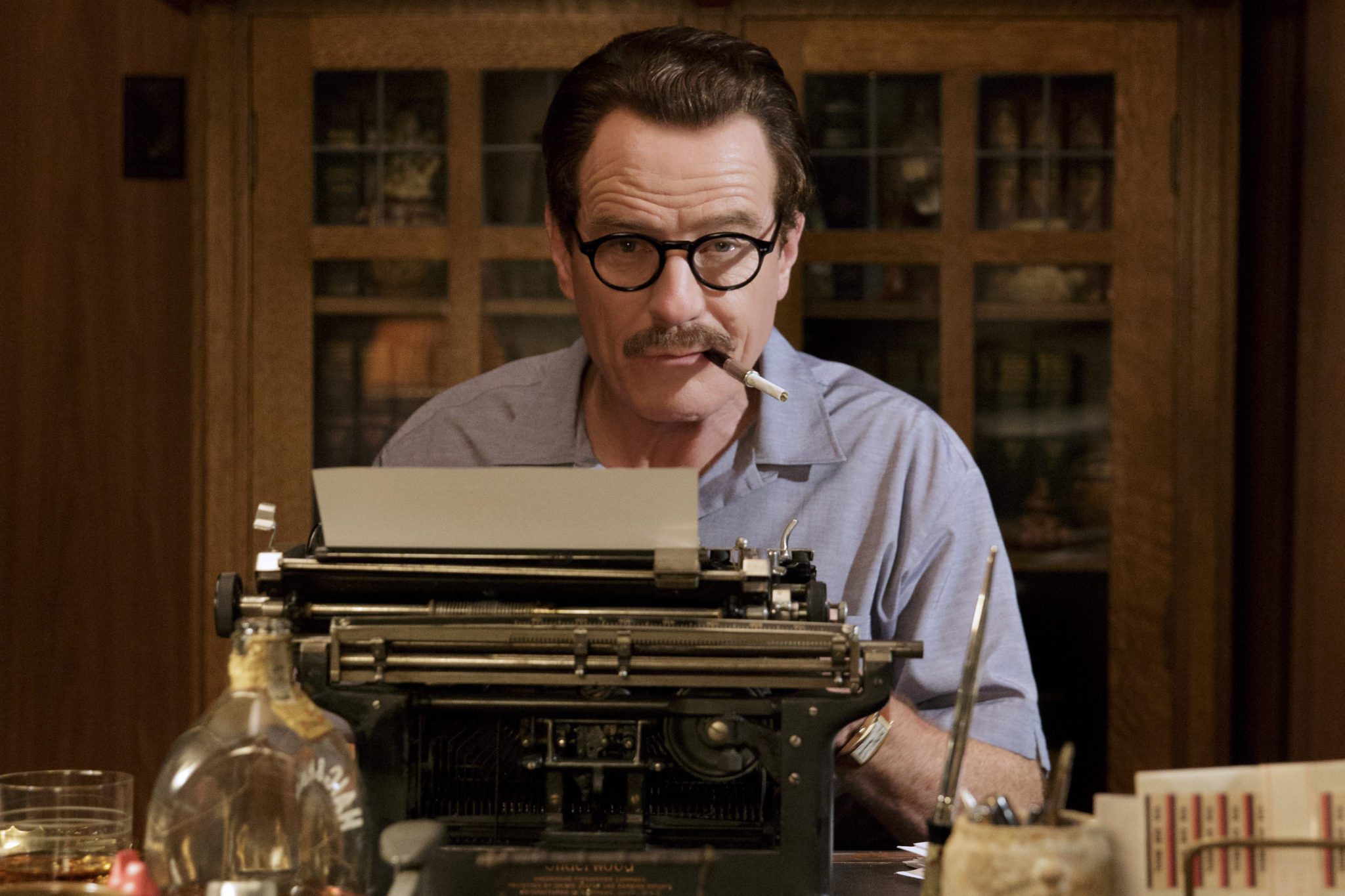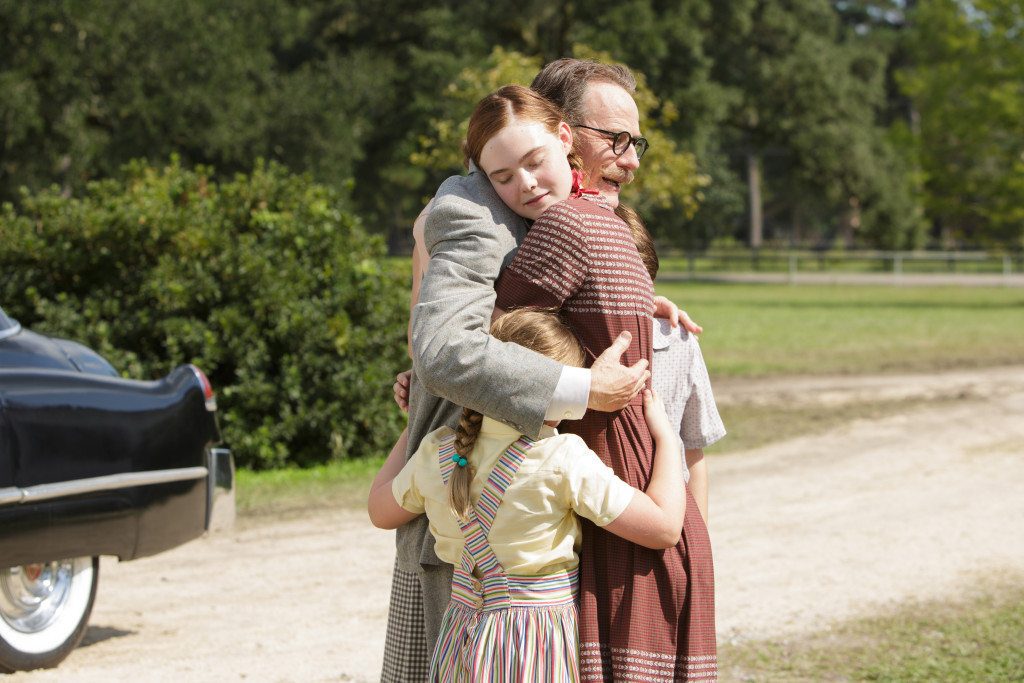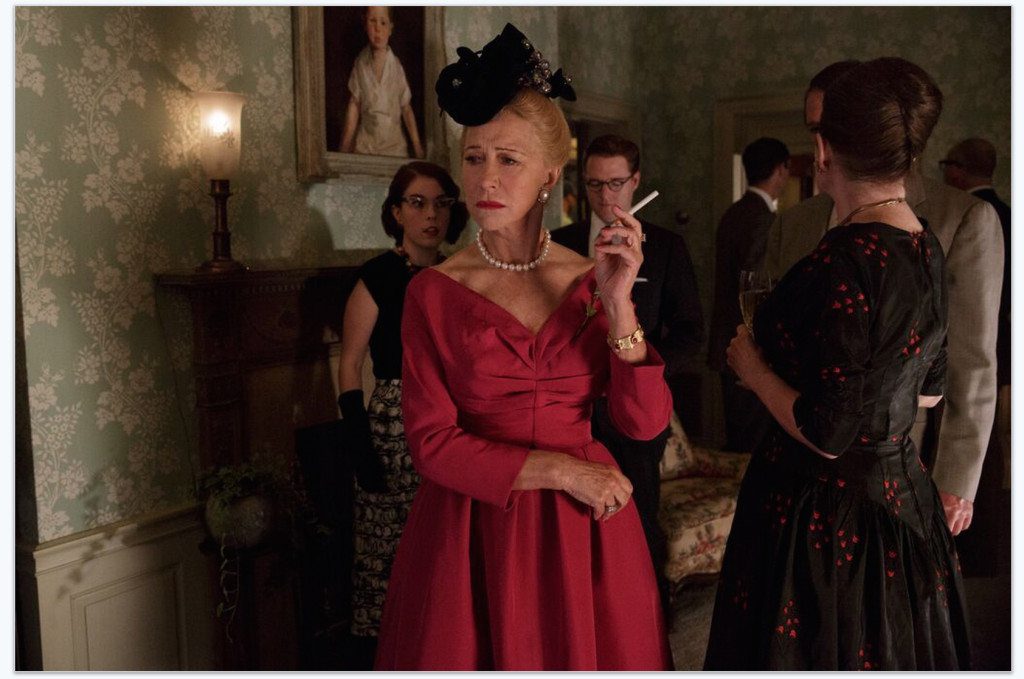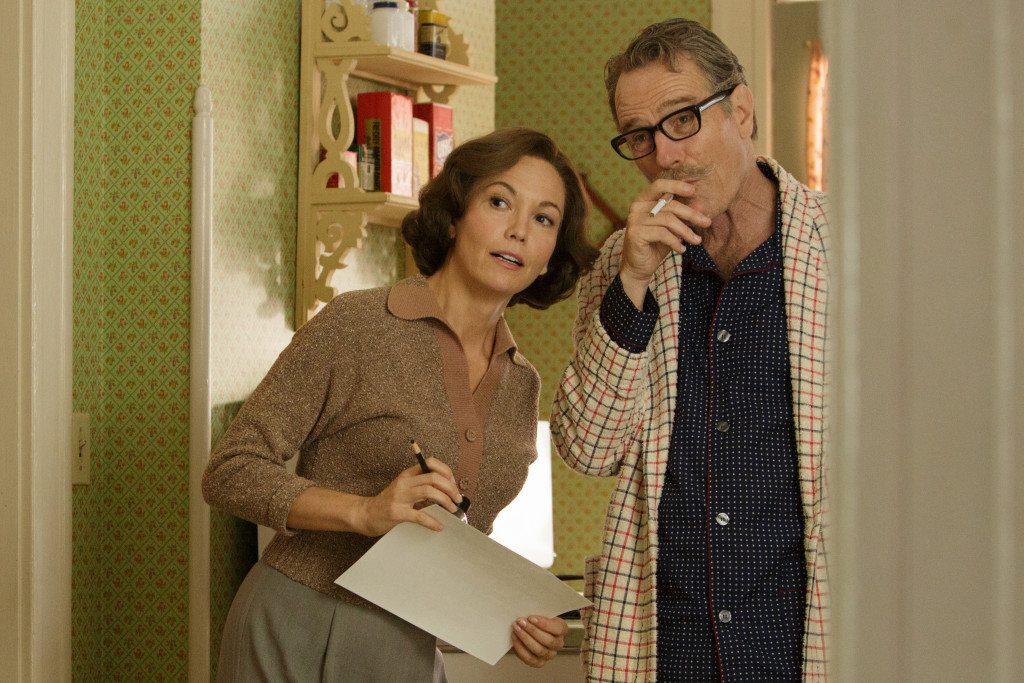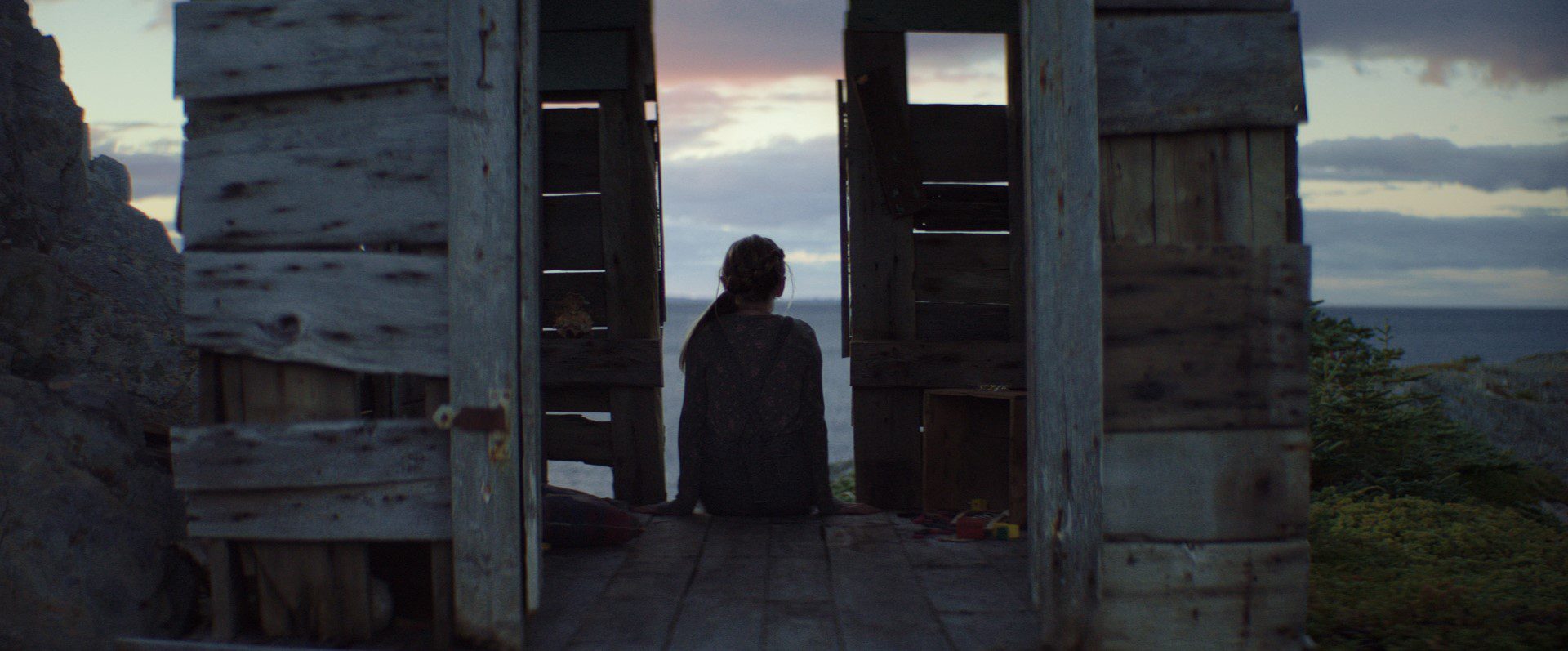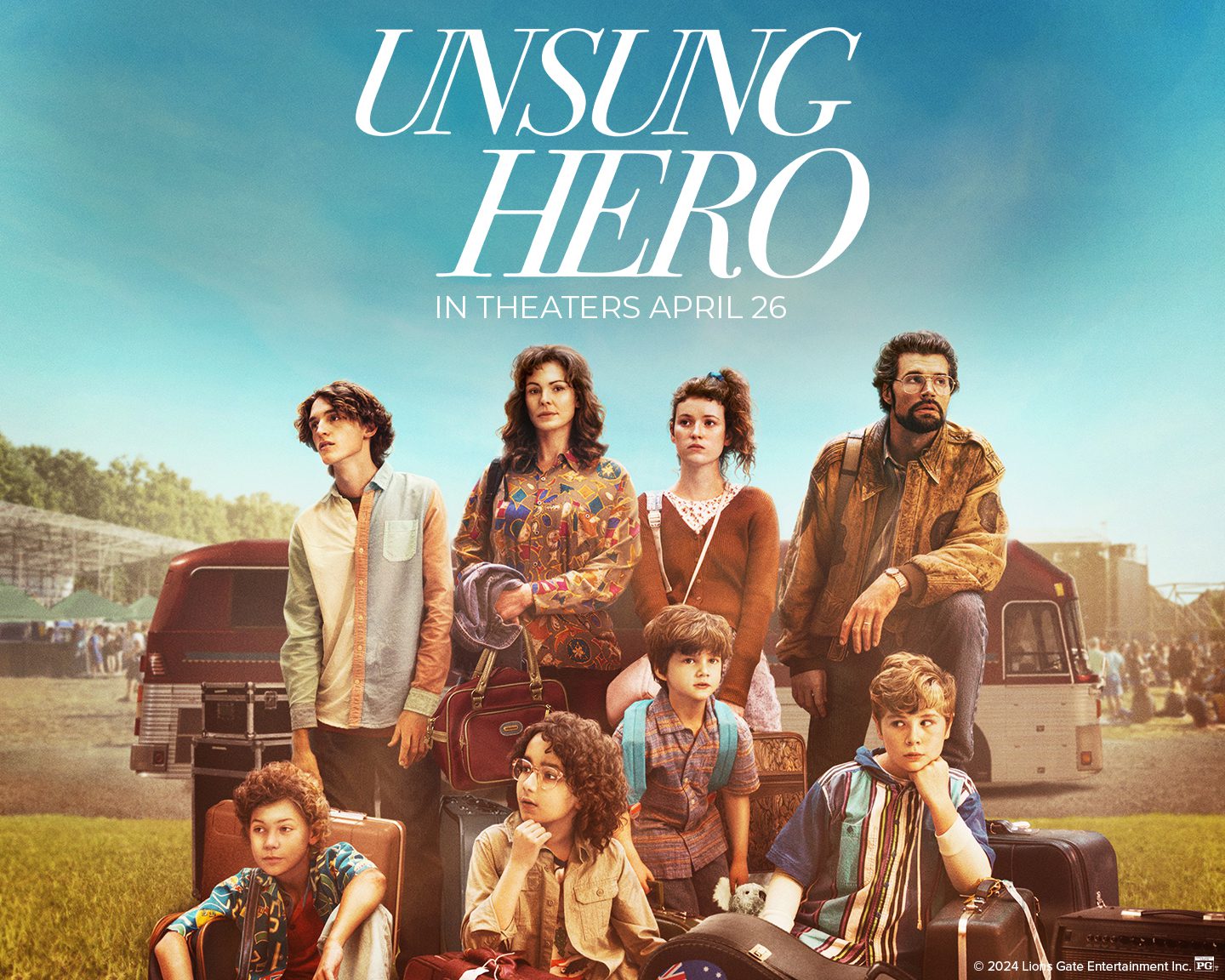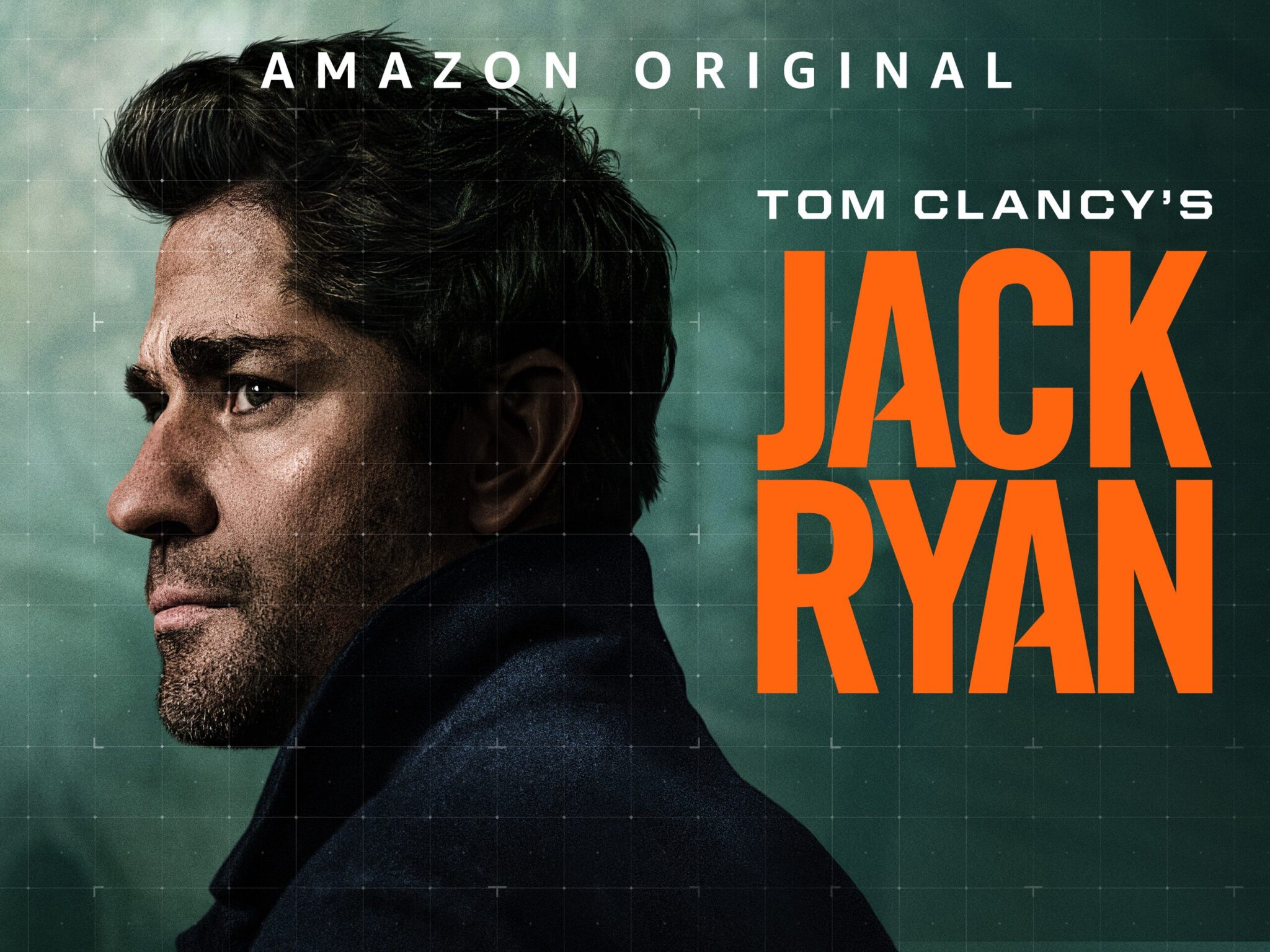Early in Trumbo, as Dalton Trumbo (Bryan Cranston) leads his daughter Niki on her horse, she asks him, ?Are you a Communist?? He replies, ?I am.? ?Is that against the law?? ?It is not.?
Dalton Trumbo was one of the best known of the ?Hollywood Ten,? a group of writers and producers who were called before the House Un-American Activities Committee that was investigating a supposed Communist infiltration of the movie industry. This was during the early days of the Cold War and the fear of Soviet Communism was widespread. The Hollywood Ten refused to cooperate based on First Amendment rights of free speech and freedom of assembly. They were held in contempt by Congress and sent to prison. When Trumbo was released, he was blacklisted?unable to find work in the industry. He began writing under assumed names, even writing two screenplays that won Oscars, before finally receiving screen credit for Exodus and Spartacus. Dalton Trumbo has through the years become a Hollywood icon of intellectual freedom.
This film shows Trumbo as a bit of a contradiction. While he was indeed a member of the Communist Party, he was not anti-Capitalist. In fact, he used the marketplace to slowly manipulate the system to regain his place in Hollywood. He is also shown as a loving husband and father, but also very demanding and abusive of his family as he works to reestablish himself. He is idealistic and truly believes in America and the Constitution, but he can also be extremely pragmatic.
The film also sets the conflict of the Red Scare within the Hollywood community. There were those who supported getting Communists and sympathizers out of the business. These included Ronald Reagan (who is seen in archival footage), John Wayne (David James Elliot), and Hedda Hopper (Helen Mirren). It is Hopper who plays the real villain in this story?a villain who relies on patriotism for justification of persecution. She is willing to use threats against everyone within the industry without concern for who might be harmed along the way.
Yet, it really isn?t about who was right or wrong, who kept silent or who named names. In a scene at the end of the film Trumbo is given an award by the Screen Writers? Guild. He strikes a very forgiving note and says that it wasn?t about who was hurt or who saved themselves?who kept silent or named names. All were victims of a terrible time.
Those harmed by the Red Scare were not limited to Hollywood types. Many government workers, school teachers, and people in nearly every field lost jobs for failing to talk about their beliefs or failing to sign loyalty oaths?not because they were not loyal, but because they believed it was immoral to ask them to do so.
The film has an excellent supporting cast including Diane Lane as wife Cleo Trumbo, Ell Fanning as Niki (from age 13 on), Louis C.K as Arlen Hird, a composite of other Hollywood Ten writers, Michael Stuhlbarg as Edward G. Robinson, and John Goodman as producer Frank King.
Even before I knew about the blacklist, I was a fan of Dalton Trumbo. My first exposure to Trumbo was his anti-war novel, Johnny Got His Gun. I recall at the time someone gave my mother some grief that I would be reading something by one of the blacklisted writers. Certainly Trumbo believed in the collective good. He stood for those in need against the powers that seek to keep people down. Spartacus was a very fitting project to be one of the first to bear his name after so many years of working anonymously.
It isn?t hard to see parallels to today?s world in which fear mongers would have us remove from society immigrants, or Muslims, or LGBT people, or Starbucks red cups, or some other enemy du jour. It is almost always (as it was in this film) justified by national security or preserving traditional values. Yet it seems that the desire to promote that security and those values in reality tear down the very freedoms we claim to be protecting.

